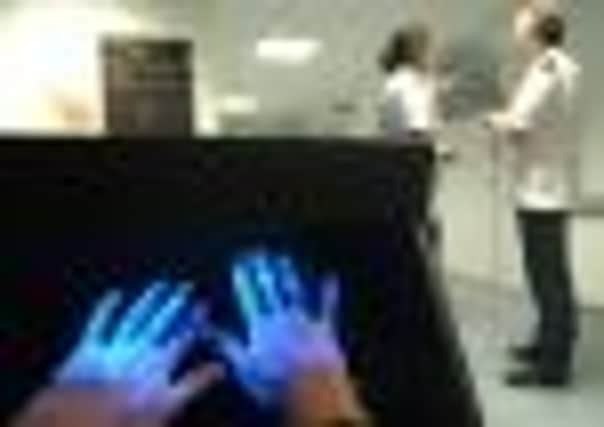E.coli on the rise but hospital infection rates down overall


A survey of 13,558 patients in 75 hospitals suggests at least one patient in every 20 in acute (short-term medical or surgical) care has a hospital-acquired infection (HAI).
Health Protection Scotland’s Point Prevalence Survey found HAIs in 4.4 per cent of acute patients, “significantly lower” than the 6.6 per cent found in 2006.
Advertisement
Hide AdAdvertisement
Hide AdThe number of cases of C.diff and MRSA bloodstream infections has fallen by over 75 per cent.
However, the overall proportion of bloodstream and urinary infections has risen, with E.coli a growing problem in both.
Health Protection Scotland said: “The prevalence of E.coli was higher (20.8 per cent versus 6.7 per cent) than that reported in the previous Scottish PPS (survey).”
It said the growing resistance to antibiotics could not account for the rising prevalence of E.coli in Scottish hospitals.
“Unlike most countries in Europe, resistance to key anti-microbials in E.coli from bacteraemias (blood bacteria) has not increased in the UK (including Scotland) in recent years and can therefore not explain the observed increase in incidence of E.coli bacteraemias.
“Further work is needed to describe these E.coli data in order that future targeted interventions can be designed to reduce the prevalence.”
The proportion of patients with urinary tract infections (UTI) has risen by over 50 per cent from 15.6 per cent to 23.8 per cent, with E.coli accounting for half of these.